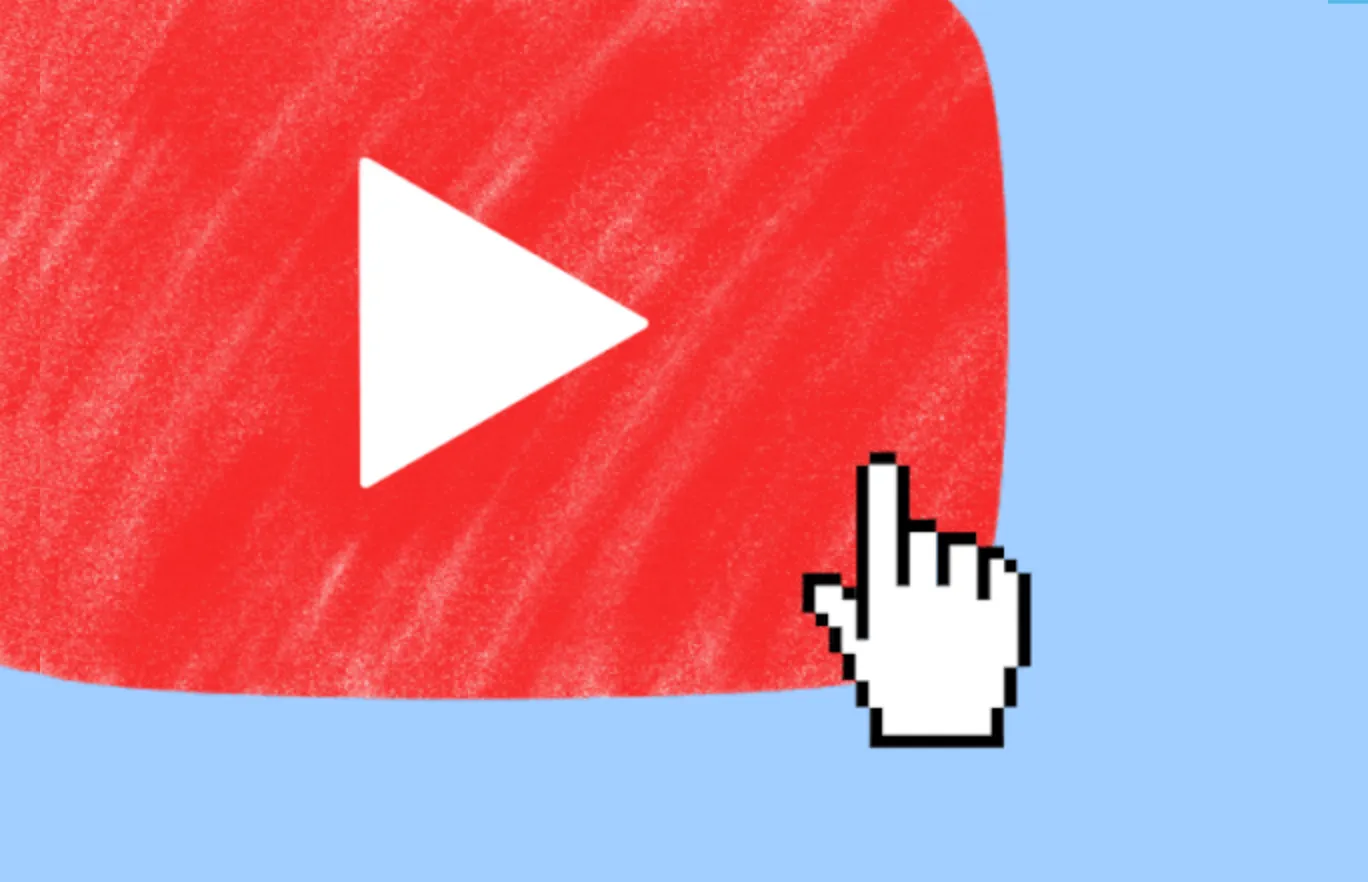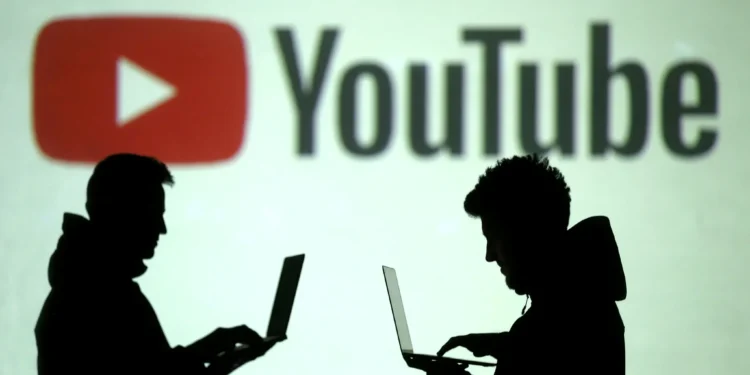In a move that has caught many smart TV users off guard, YouTube has decided to phase out the guest account feature from its TV application, a decision affecting millions of users across various devices including smart TVs, streaming sticks, and game consoles. This update compels viewers to either sign in with a Google account or forfeit personalized access, stirring debates around privacy and convenience.
Previously hailed as a cornerstone for casual and guest viewers, the guest account allowed temporary users to browse content without leaving a digital footprint on the primary account holder’s viewing history or recommendations. Its convenience was particularly appreciated in settings such as family gatherings, shared living spaces, or when children used the TV, ensuring a tailored yet temporary viewing experience without long-term alterations to the main account.

Privacy Concerns and the Hassle of Logging In
The removal of this feature introduces significant privacy concerns. Users now face a dilemma: log in with a personal Google account, thereby merging their viewing habits with the host’s profile, or use the host’s account, risking exposure of personal preferences and potentially receiving altered recommendations based on shared viewing activities. This blending of viewing data is especially troubling for those who value their privacy or households where diverse viewing tastes were previously respected and managed through separate accounts.
Moreover, the change disrupts the ease of use that the YouTube TV app once boasted. Where flipping on the TV for a quick YouTube session was once a seamless action, it now involves a potentially cumbersome login process. This can be particularly daunting for guests or infrequent users unfamiliar with the smart TV interfaces or those without their own Google accounts.

Speculations on YouTube’s Motivations
While YouTube has not publicly clarified the rationale behind this strategic pivot, speculation suggests a drive towards deeper data integration and personalization of content. This could be part of a broader strategy to enhance ad targeting capabilities, pushing more viewers to log in so their data can be used to serve more precisely targeted advertisements. Another theory is that this move might be intended to encourage more users to create and use Google accounts, thereby expanding the tech giant’s data collection and strengthening its user base—an essential metric in today’s data-driven market landscape.

The Search for Alternatives and the Future of Smart TV Viewing
As users scramble to find workarounds or alternatives that respect their privacy and convenience, the market may respond with innovative solutions to address these new challenges. Whether alternative platforms will rise to the occasion or existing ones will adapt their features to accommodate these needs remains to be seen. In conclusion, while the motives behind YouTube’s removal of the guest account feature might be rooted in business and technology strategy, the repercussions are felt on a very personal level by users worldwide. As the landscape of digital media consumption continues to evolve, so too will the strategies of companies like YouTube—and the responses of their users.










